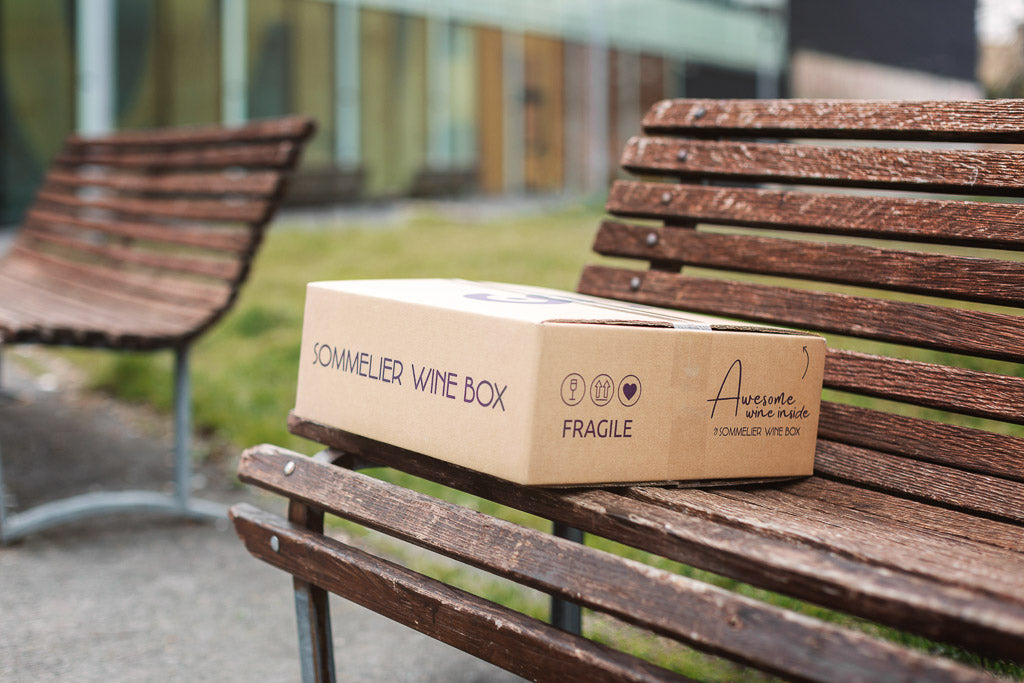Green wines: the sustainable evolution of the wine industry and the production secrets of organic and biodynamic wines. Let's look at their characteristics together.
The wine industry has undergone significant evolution in recent years, with more and more people moving towards a sustainable and environmentally conscious lifestyle. In this context, organic and biodynamic wines have gained popularity due to their ecosystem-friendly production and the exceptional quality they offer.
In this article, we will explore the universe of green wines, discovering the secrets behind their production and why they are a tasty and conscious choice.
What is an organic wine?
An organic wine is produced with cultivation methods established by the European Community Regulation 834/07, which excludes the use of pesticides or synthetic chemical fertilizers. Farmers use natural methods to protect the vines from insects and diseases (pesticides of natural origin, use of biological control) and to fertilize the land, such as organic fertilizers.
All attention is paid to the cultivation of grapes and all this contributes to preserving soil health and biodiversity, creating a more balanced and sustainable environment. Organic wines offer a unique tasting experience, as their production process preserves the purity and authenticity of the grapes.
Biodynamics in the world of wine
Biodynamics is a form of sustainable agriculture that goes beyond the concept of organic, and makes it more restrictive. It is based on philosophical principles and practices that consider the vineyard as a complex environmental system, interconnected within itself and of which maximum healthiness can be guaranteed.
Biodynamic farmers use ancient techniques such as green manure or special preparations, composed of herbs, minerals and even animal parts, to stimulate soil fertility and improve the quality of the grapes. In the cellar the interventions are minimal. Biodynamic wines reflect the harmony between the vineyard, man and the universe, offering a distinctive taste and a deep connection with nature.
Difference between organic viticulture and biodynamic viticulture in 3 points:
Organic viticulture and biodynamic viticulture are both sustainable agricultural practices used in the production of green wines.
Here are three points that highlight the differences between the two:
1. Approach to growing vines:
- Organic Viticulture: In organic viticulture, vines are grown without the use of chemical pesticides, herbicides or synthetic fertilizers. Natural methods are used to protect plants from insects and diseases, such as the use of organic compost, the use of companion plants and the promotion of biodiversity in the surrounding environment.
- Biodynamic viticulture: Biodynamic viticulture goes beyond the simple absence of chemicals. It is based on philosophical principles and follows a lunar and stellar calendar. Special preparations composed of natural substances, such as herbs, minerals and animal parts, are used to improve soil fertility and stimulate plant vitality. Much attention is paid to the balance and interconnection between all elements of the viticultural ecosystem.
2. Certifications and regulations:
- Organic viticulture: organic viticulture is regulated, in Europe, by EC Regulation 834/07 which establishes standards and guidelines for organic agriculture.
- Biodynamic Viticulture: Biodynamic viticulture is less regulated and based instead on practices developed by Austrian philosopher Rudolf Steiner. A form of international certification exists, and is for example the one offered by "Demeter".
3. Global ecosystem approach:
- Organic viticulture: the main objective of organic viticulture is not to use synthetic substances in the vineyard, trying to preserve biodiversity and the health of the soil.
- Biodynamic viticulture: biodynamic viticulture considers the vineyard as a living organism interconnected with the entire ecosystem. We try to create harmony between the vineyard, man and the universe, working to improve the vitality of the soil, the health of the plants and their self-defense, as well as the quality of the grapes.
Green wines: advantages and production
In addition to the positive impact on the environment, organic and biodynamic wines offer a number of benefits for consumers. Because the grapes are grown without the use of harmful chemicals they are a healthier choice.
Furthermore, the natural and grape-friendly production methods allow the wines to best express the characteristics of the territory and the grapes, giving a unique authenticity and complexity.
How to recognize a "green" wine
To identify an organic or biodynamic wine, look for official certifications such as "Organic Agriculture" or "Demeter". These labels guarantee that the wine has been produced according to strict standards of sustainable cultivation and production. Additionally, many green manufacturers include detailed information on the label about the farming practices used, allowing you to make an informed choice. Many others actually produce their wines with extremely rigorous criteria outside of certifications and without leaving a trace. These are the cases in which the direct knowledge of the winemakers and the experience of expert sommeliers counts.
Conclusions
The universe of green wines, which includes organic and biodynamic wines, offers an authentic and conscious tasting experience. The production of wine while respecting the environment and those who taste it makes green wines an ideal choice for those who wish to combine oenological pleasure with environmental sustainability.
- Read also: everything about biodynamic wine




